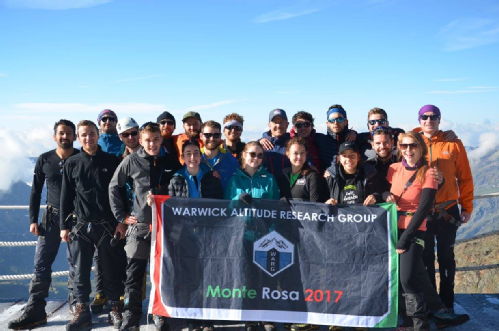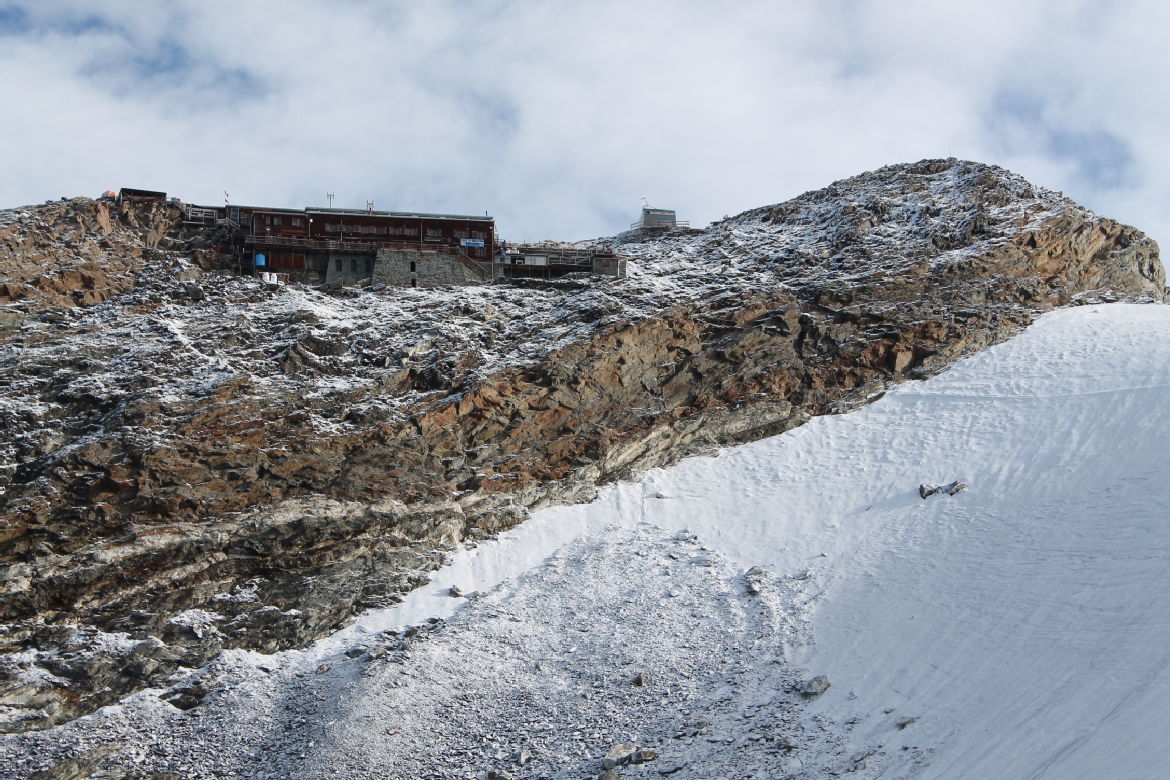Human adaptation to the high altitude environment

The Warwick Altitude Research Group (WARG) is an organisation of medical researchers with a shared interest in high altitude physiology and medicine. The group was founded in 2016 by a group of postgraduate medical students during their studies at Warwick Medical School. Together they conduct research at high altitude to study the way in which the human body adapts to hypoxia (low oxygen). As altitude increases and the atmospheric pressure of oxygen decreases, the body initiates several important adaptive mechanisms designed to compensate for the reduced supply of oxygen to tissues. However, these bodily adaptations can only compensate to a limited extent and many people will develop signs and symptoms of altitude-related illness. The most common of these is acute mountain sickness (AMS), which effects up to 80% of individuals travelling to high altitude. With greater numbers of people across the world travelling to high altitude destinations, it has become increasingly important to understand the effects and potential dangers of exposure to high altitude hypoxia.
Following the success of their inaugural research expedition to the Atlas Mountain in Morocco, the WARG decided to conduct a second research expedition to the Monte Rosa massif in Italian Alps. The primary objective of this expedition was to further investigate the physiological adaptations that occur during exposure to the hypoxic conditions of high altitude. A total of 20 participants were recruited to take part in the expedition, which involved trekking from the Gressoney valley (at 1,300m) to an altitude of 3,647m where the group established a temporary research base in the Gnifetti mountain refuge. The group has initially hoped to reach the Margherita hut (at 4,554m) but were forced to abandon these plans due to adverse weather conditions.
The research study itself incorporated the protocols of six individual projects including; an assessment of the gender-related differences in cardiac electrophysiology, as analysis of consciousness and higher cognitive functioning, an assessment of the renal response to acid-base imbalance and an evaluation of the use of a visual analogue scale for the assessment and diagnosis of acute mountain sickness. Baseline measurements were recorded at 310m during a pre-expedition welcome weekend in Snowdonia and further measurements were obtained at 1,348m, 2,600m and 3,647m during the expedition.
If you’re interested to learn more about the expedition then why not take a look at the attached expedition report from Gavin Miller, the 2017 Expedition Leader.

